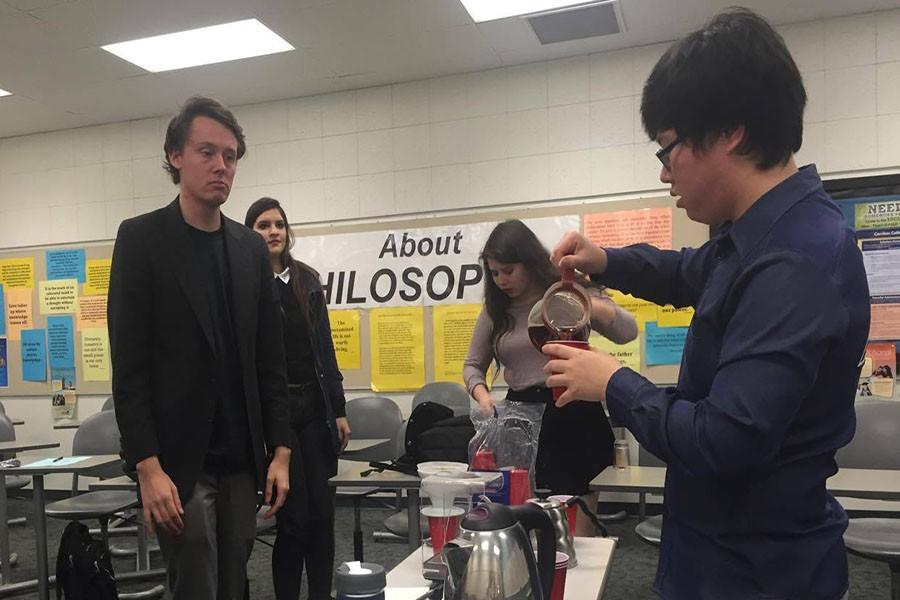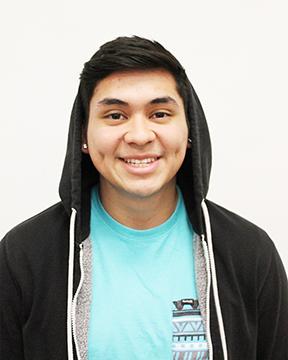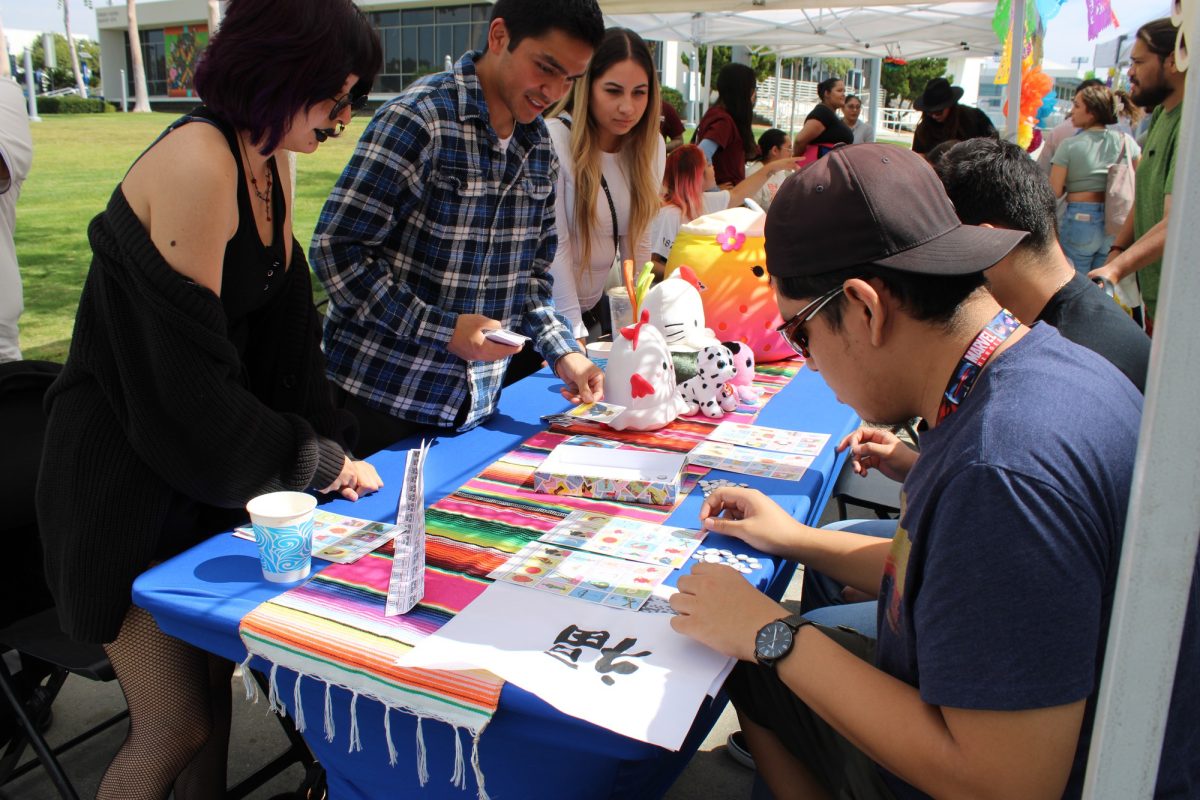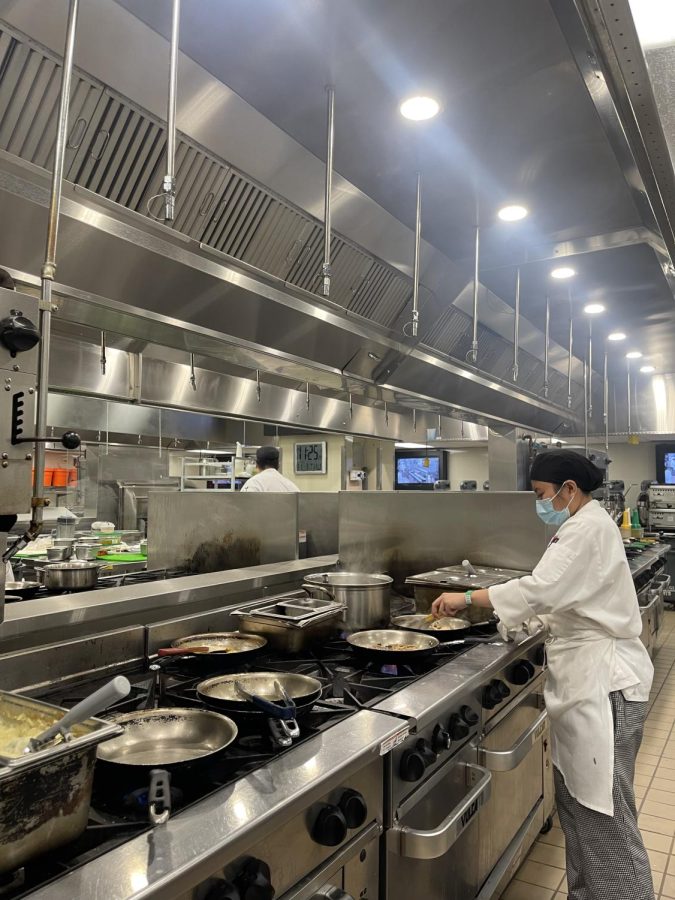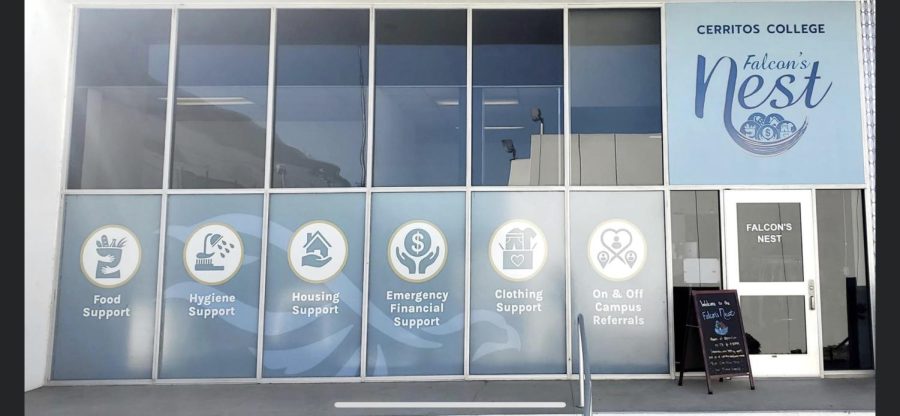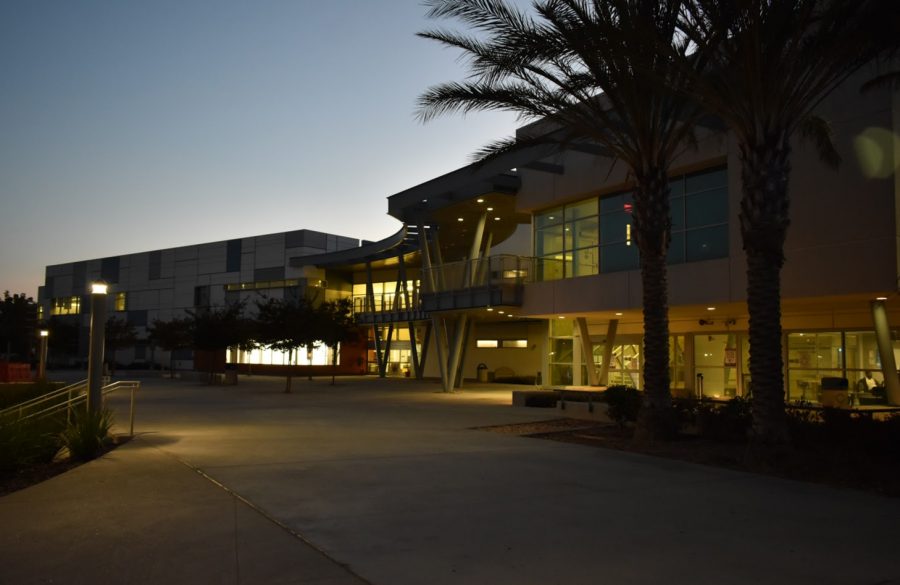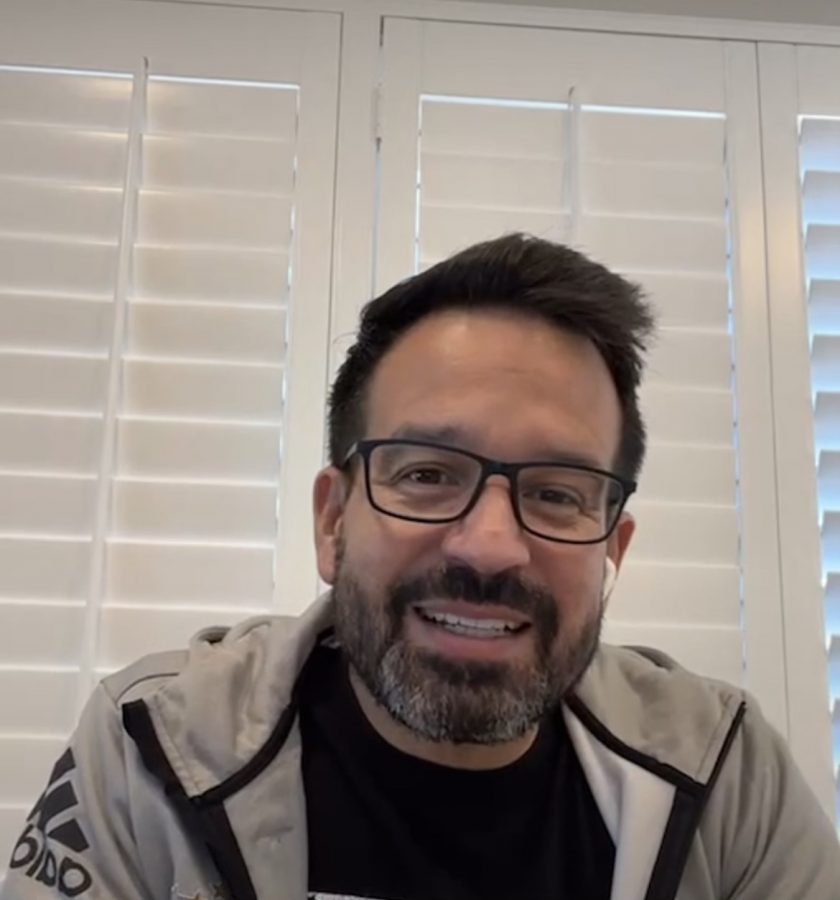Whether you’re a doctor staying up all night or a college student trying to get a jump start to your 7 a.m. class, coffee is probably saving your life.
From at-home brewing methods, to cafés, to even drive-thrus; coffee is everywhere.
However, how often do people really ask themselves, “Where did this coffee come from?”
Well, the Cerritos College Philosophy Club held a presentation on the ethics of where you buy your coffee and how it directly impacts the industry.
The club held the presentation on Tuesday, Jan 19 in room SS137 where it holds its meetings every Tuesday at 11 a.m.
Over a dozen students participated in the discussions of fair trade, the life of a coffee roaster, coffee companies, and how everyday people as consumers drive the market.
The goal for this presentation was to explain how something as small as buying your daily cup of coffee can be a very ethical decision, assuming you have the means.
According to Joseph Jang, Philosophy Club treasurer, people can use these philosophical view points to understand the ethics that exist in the coffee industry.
With having professional experience as a barista, Jang led the event with passion and enthusiasm by using videos, asking questions, and even offering a coffee tasting.
“I felt like a lot of people don’t know about the choice they are making when they’re purchasing or even drinking their coffee, so for that reason I felt this would be a good idea,” Jang said.
His presentation went through the consideration of where coffee comes from; the farmers.
The best coffee comes from all over the world ranging from places like Asia and Central America. The growers who live over in that part of the country suffer economically because of the price.
The farmers who grow coffee are affected by those who buy the coffee. Most coffee farmers have never even tried their own coffee.
Jang wanted people to understand that philosophy is a tool that can be used for looking into anything in a different perspective and help people make life changing decisions.
“The whole presentation is a practical application of using philosophy in general. At the end of the day its not really about how much money you make, or how much power you have, but it’s about what you make out of life,” he said.
The Philosophy Club holds presentations and events very frequently and is open to anyone of any major.
Jake Newland, vice president of Philosophy Club, is not a philosophy major, but feels like the club is a place to meet like minded people.
“I see that philosophy has a lot of practical uses in everything you study. For me, in psychology, there are a lot of ethical concerns and that’s where the two disciplines meet,” Newland said.
Newland had never been engaged with coffee as he was during the event and feels that the presentation was very eye opening.
“I would say if you have the means to make the choice to have foreign coffee, then you should try and make the most ethical decision that you can,” Newland said.


